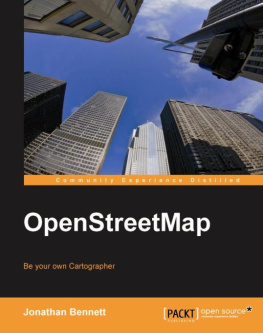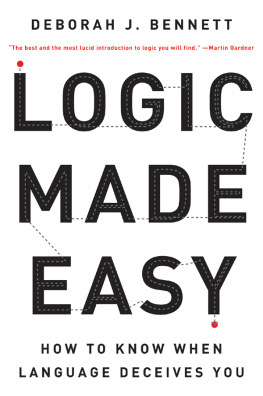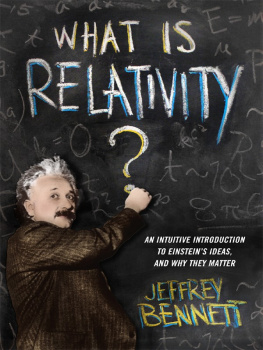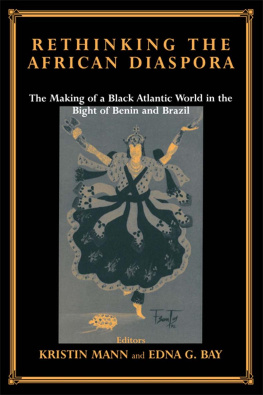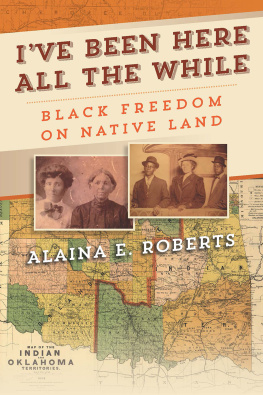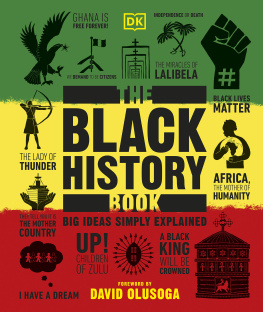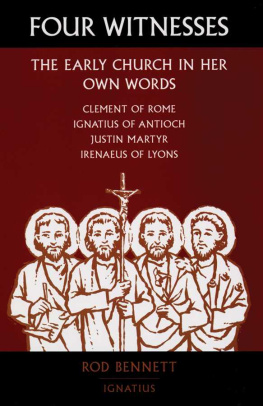African Kings and Black Slaves

THE EARLY MODERN AMERICAS
Peter C. Mancall, Series Editor
Volumes in the series explore neglected aspects of early modern history in the Western Hemisphere. Interdisciplinary in character, and with a special emphasis on the Atlantic World from 1450 to 1850, the series is published in partnership with the USC-Huntington Early Modern Studies Institute.
African Kings and Black Slaves

Sovereignty and Dispossession in the Early Modern Atlantic
Herman L. Bennett

Copyright 2019 University of Pennsylvania Press
All rights reserved. Except for brief quotations used for purposes of review or scholarly citation, none of this book may be reproduced in any form by any means without written permission from the publisher.
Published by
University of Pennsylvania Press
Philadelphia, Pennsylvania 19104-4112
www.upenn.edu/pennpress
Printed in the United States of America on acid-free paper
1 3 5 7 9 10 8 6 4 2
Library of Congress Cataloging-in-Publication Data
Names: Bennett, Herman L. (Herman Lee), author.
Title: African kings and black slaves: sovereignty and dispossession in the early modern Atlantic / Herman L. Bennett.
Other titles: Early modern Americas.
Description: 1st edition. | Philadelphia: University of Pennsylvania Press, [2019] | Series: The early modern Americas | Includes bibliographical references and index.
Identifiers: LCCN 2018015360| ISBN 9780812250633 (hardcover: alk. paper)
Subjects: LCSH: Slave tradePolitical aspectsAtlantic Ocean RegionHistory15th century. | Slave tradePolitical aspectsAtlantic Ocean RegionHistory16th century. | Africa, WestRelationsPortugalHistory15th century. | Africa, WestRelationsPortugalHistory16th century. | PortugalRelationsAfrica, WestHistory15th century. | PortugalRelationsAfrica, WestHistory16th century. | Power (Social sciences)Africa, WestHistory15th century. | Power (Social sciences)Africa, WestHistory16th century. | Power (Social sciences)PortugalHistory15th century. | Power (Social sciences)PortugalHistory16th century.
Classification: LCC HT1331.B46 2019 | DDC 306.3/62091821dc23
LC record available at https://lccn.loc.gov/2018015360
For Jennifer L. Morgan
CONTENTS

African Kings and Black Slaves
Years ago, on entering the Arquivo Nacional do Torre do Tombo, Portugals national archive, an exhibition on early modern exploration caught my eye. It was 1998, six years after Spain had commemorated the anniversary of Christopher Columbuss 1492 voyage. Not wanting to be outdone by Spanish nationalism, the Portuguese staged an equally impressive celebration of Bartolomeu Diass rounding of Cabo da Boa Esperana (Cape of Good Hope) and Vasco da Gamas actual voyage to India, which were accompanied by a world expo and numerous international cultural festivals acknowledging Portugals former place in the world. In addition to reprinting many fifteenth- and sixteenth-century chronicles testifying to Portugals global footprint, the national archive curated various exhibitions to display the cultural patrimony.
Perusing the contents of the exhibition, I could not but notice the scrolls, papyri, and embellished and laminated texts that, alongside the esoteric scripts, announced far more than the Portuguese exploration of North and East Africa, West Central Africa, the Middle East, and South and East Asia. The Portuguese court received the inhabitants of those regions as notables who, on delivering their respective sovereigns correspondence, enjoyed the protected status of emissaries. In this enactment of renaissance diplomacy, the Portuguese, the emissaries, and the authors of the various texts steeped their rhetorical protocol in ornate forms of address. They stood and spoke as equals, which the lords, emirs, negs, emperors, pashas, manicongos, and princes conveyed through the detailed invocation of their royal titles. Pressed for time, I pushed on and into the archive, but not before taking a long look at the letters crafted in Amharic that Ethiopias ruler addressed to his Christian brother and peer, the Portuguese sovereign.

How might these titles reveal something different about a well-known past typified by the easy juxtapositions of conquerors and conquered, winners and victims, colonizers and colonized, masters and slaves? Stated differently, in the contemporary African and its related diasporic imaginary, but also among scholars of colonial slavery, the foundational premise resides in the abject and violated body of the enslaved, the object unmoored and alienated from all preexisting social ties. Dominance resulting in objectification, always already conceived as secular in form, did not engender an inquiry into a previous status. For this reason, the process of enslavement foreclosed an engagement with the past, thus constituting the slave as an epistemic object of the here, now, and future. Simply stated, a master was a master and a slave a slave.
But language matters, and as a historian of Africans, I was keen on knowing if the use of royal terminology in the texts before me was related to a grammar of politics that perhaps informed Europes encounter with Africa and the subsequent histories that unfolded. The answer to this query resides in what follows. At its core, this book asks what role, if any, did the acknowledged existence of politics in Africa play in shaping early modern European expansionto which a final related question has been appended: how might this political grammar be illustrative of pasts that have been lost under the subsequent weight of successive colonial impositions and our restricted political imagination?
The terminology used in the letters allowed me to conceive of the pervasiveness with which European chroniclers and travel writers used Iberian royal tropes to describe the earliest encounters with Africans. Royalty saturated the landscape. With this awareness, I re-immersed myself in the familiar travelogues and chronicles describing the European encounter with Africa. It was immediately clear that the terminology formed a corpus, a register if you will, questioning the idea of European apotheosis that, in turn, telescoped the emergence and dominance of a slave trade mediated by commodification in which tenuous relations were market driven. In pondering the ubiquitous use of royal terminology, I asked if one could read this phenomenon as an acknowledgment of African sovereignty that was simultaneously constitutive of early modern Iberian imperial statecraft. Incessantly focused on the Europeans pervasive deployment of royal terminology in reference to African sovereigns, I intentionally relied on the narrative literature, composed of chronicles and travelogues, that has been foundational to framing the earliest encounter between Africans and Europeans. In the extant documents, I glimpsed traces of a past that tacked between African and European history, which begged for a reconsideration of the New Worlds origin story of blackness, the early modern African diaspora, and Atlantic history.
Next page



